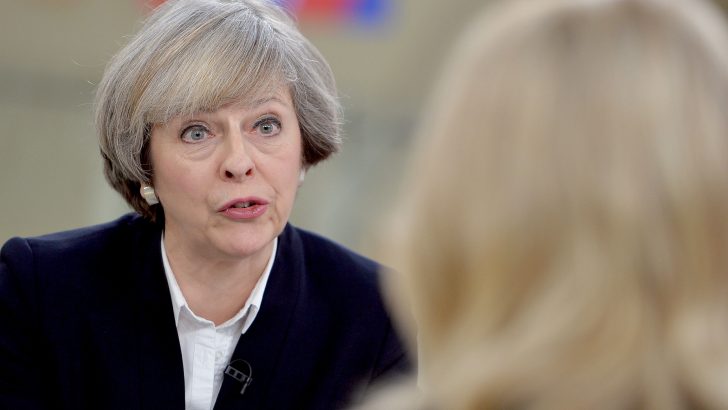In the wake of the London attacks by radical Islamists, Theresa May has said, “enough is enough”. But how does one counter a movement so loosely organised that it scarcely even deserves the term? Or an ideology which relies on lone agents or small numbers of attackers and on the use of vehicles and knives as weapons?
Ms May has focused on the use of the internet for grooming potential terrorists. This is a real concern. So-called Islamic State has become expert in the use of social media, and its success has been compared to the way that paedophiles groom children and young people for abuse.
But others, such as Peter Neumann of the International Centre for the Study of Radicalisation and Political Violence (ICSR) at King’s College, London, have pointed out that radicalisation rarely occurs only online but is part of a process.
However, in 2014, ICSR itself identified a radical preacher, Ahmad Musa Jibril, as a major influence on foreigners fighting in Syria. ICSR created a database of the social media profiles of 190 foreign fighters in Syria, one of the first conflicts in which fighters documented their experiences as they happened via social media.
But the report also identifies people who are highly influential even though they did not fight themselves. There are two notable clerics among them, Ahmad Jibril and Musa Cerantonio, both English-speaking, although very different in approach.
Motives
The report is very careful not to attribute motives to either cleric but instead says cautiously: “Whether consciously or not, they may be performing an important role in the radicalisation of some individuals and retain this importance among those who later decide to engage in active combat.”
Mr Jibril is American, while Mr Cerantonio is Australian, of Irish and Italian heritage. The latter is a former Catholic, who grew up in a non-practising family and went to a Catholic primary school. He is now a highly influential Muslim preacher. He looks like a lad who could have played GAA for his local parish (aside from the beard).
One of those believed responsible for the London Bridge attacks was twice reported to authorities. He was first reported by a neighbour when he started repeating material he had heard from Ahmad Jibril on YouTube.
The second time he was reported was by a woman, when she found him proselytising local children in a park.
Ahmad Jibril has hundreds of videos on YouTube, and is also very active on Twitter. His sermons are also available via Android and iPhone apps. His Facebook page has a quarter of a million ‘likes’.
He is a Salafist, that is, his outlook is shaped by a demand to return to a pure form of Sunni Islam, including the idea of a caliphate, a political entity ruled by Islam.
But what are authorities to do about Ahmad Jibril, and the even more radical Musa Cerantonio? If Mr Jibril’s religious lectures are banned from YouTube, does that make him a martyr?
Civil liberties
There are serious civil liberties issues here, which may seem like a very wimpy, liberal approach given that at the time of writing, it appears that some of those who followed his lectures then went out and cut the throats of innocent women and men.
However, given that the perpetrators wore dummy explosive vests, presumably to increase the chances of being killed by security forces, it is clear that martyrdom is a radical Islamist tactic. Any form of martyrdom or persecution of these influential clerics such as banning them from the internet is likely to backfire.
Nor is surveillance the answer. There are simply too many people to monitor successfully. While intense research is ongoing to establish what tips someone over into violence, there are no clear answers.
Security authorities foil far more attacks than they fail to stop but that is no comfort to the families whose relatives are maimed and killed.
Only a multi-faceted, long-haul approach will work. Many British Muslims report being considered foreigners in their family’s country of origin, and not really British by their own countrymen and women.
A tiny minority will become radicalised in search of a stable identity, and a tiny percentage of that minority will kill.
Christians have a key role to play, especially in interfaith dialogue. One thinks of the unexpected success of a slow-paced, meditative film where everyone already knew the outcome – the martyrdom of Trappist monks. The film Of Gods and Men showed the dedication and commitment of Christians to a beleaguered, poverty stricken Algerian Muslim community.
That kind of radical solidarity is one vital aspect of a response to a far more dangerous form of radicalisation. While few will be required to embrace Christian martyrdom, that is, non-violent resistance to evil, those already engaged in interfaith dialogue are ideally placed to reach out to their Muslim neighbours.


 Breda O'Brien
Breda O'Brien British Prime Minister Theresa May
British Prime Minister Theresa May